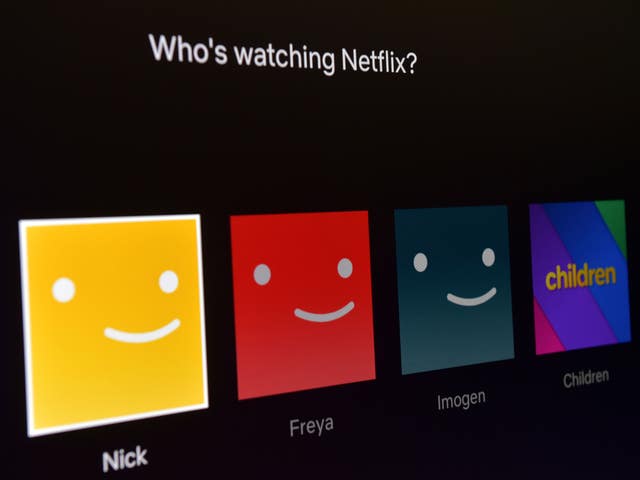YouTube follows Netflix in limiting video quality to ease internet traffic
Video streaming services have been asked to lower stream quality to help ease the strain on internet service providers during the Covid-19 outbreak.

YouTube has joined Netflix in agreeing to limit video stream quality in an effort to ease pressure on internet providers during the coronavirus outbreak.
Internet service providers are braced for increases in internet traffic as people in the UK resort to working from home and self-isolation, while other parts of Europe are subject to lockdowns.
The scheme to ease the strain on providers has come from the European commissioner for internal market and services, Thierry Breton, who urged platforms to help infrastructure handle any potential usage increase.
On Thursday, Netflix said it expects its limit – which will last for 30 days – to cut network traffic by around 25%.

The company said it had so far seen little change in the peaks for usage, instead mostly seeing changes in usage patterns with more people at home, with usage expanding across longer hours.
“People are coming to YouTube to find authoritative news, learning content and make connections during these uncertain times,” a spokeswoman for the video platform said.
“While we have seen only a few usage peaks, we have measures in place to automatically adjust our system to use less network capacity.
“We are in ongoing conversations with the regulators (including Ofcom), governments and network operators all over Europe, and are making a commitment to temporarily default all traffic in the UK and the EU to standard definition.
“We will continue our work to minimise stress on the system, while also delivering a good user experience.”
Google said its chief executive Sundar Pichai and YouTube boss Susan Wojcicki discussed how the technology giant could help further during the coronavirus pandemic with Mr Breton.
YouTube also confirmed it was introducing a new area on its homepage dedicated to news about Covid-19 from trustworthy sources.
In response, Mr Breton said: “Millions of Europeans are adapting to social distancing measures thanks to digital platforms, helping them to telework, e-learn and entertain themselves.
“I warmly welcome the initiative that Google has taken to preserve the smooth functioning of the internet during the Covid-19 crisis by having YouTube switch all EU traffic to standard definition by default.
“I appreciate the strong responsibility that Mr Pichai and Mrs Wojcicki have demonstrated. We will closely follow the evolution of the situation together.”
Fellow video streaming giant Amazon Prime Video also confirmed it was reducing video bitrates to help ease pressure on networks.
“We support the need for careful management of telecom services to ensure they can handle the increased internet demand with so many people now at home full-time due to Covid-19,” a spokeswoman for Prime Video said.
“Prime Video is working with local authorities and internet service providers where needed to help mitigate any network congestion, including in Europe where we’ve already begun the effort to reduce streaming bitrates whilst maintaining a quality streaming experience for our customers.”





